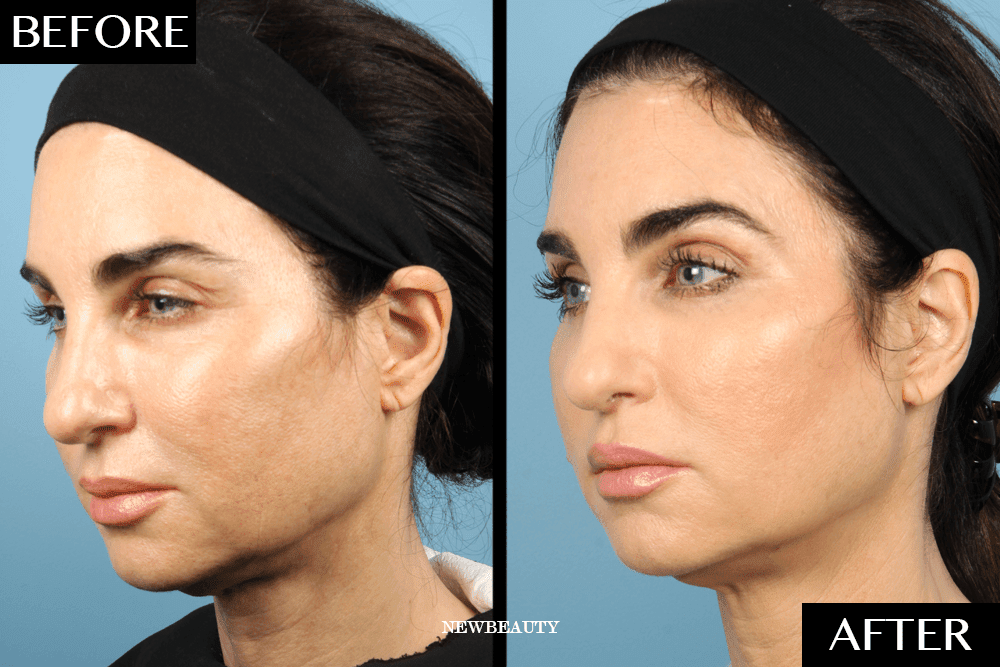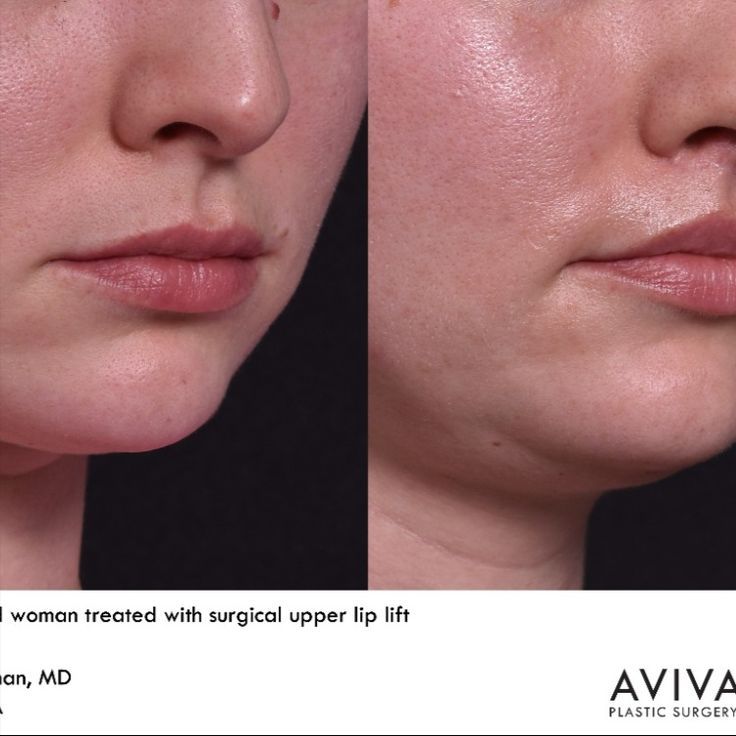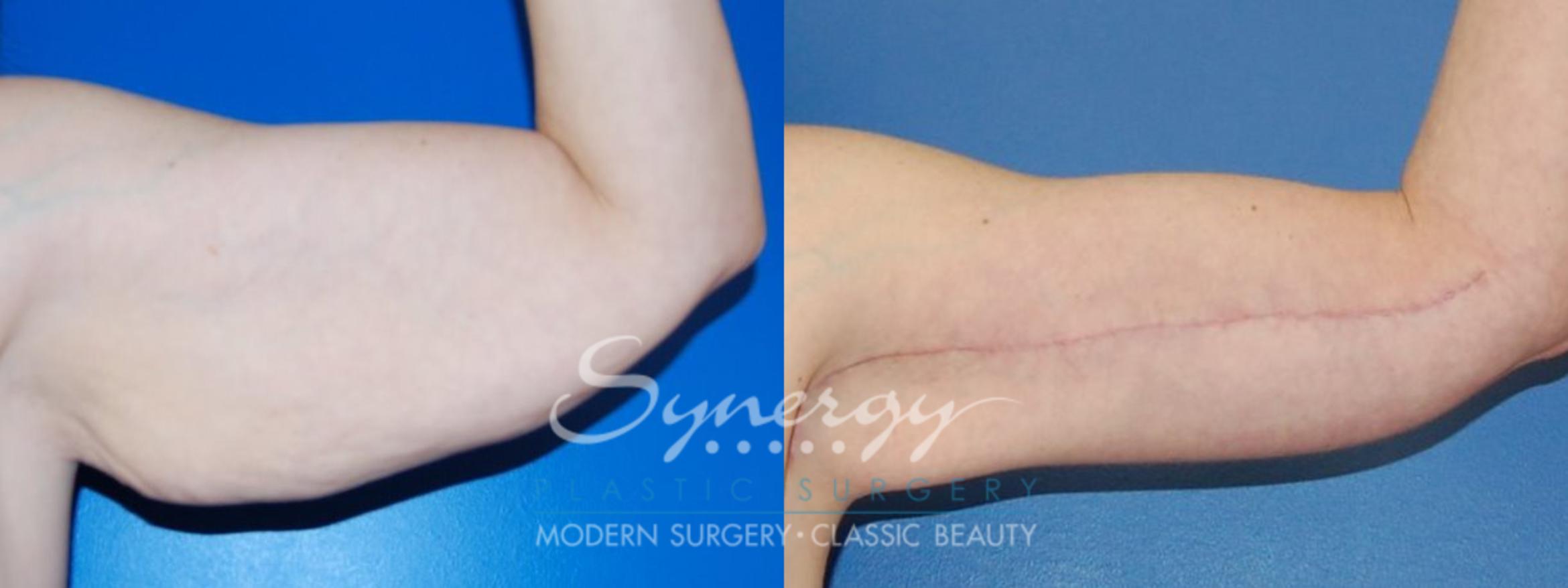
If you are considering getting a breast implant after radiation, you may be wondering if you should consider getting an autologous tissue breast reconstruction. This involves the transfer of excess abdominal tissue to your chest using microsurgery. This surgeon is fellowship-trained in this field and double-board certified.
Incidence of complication
Radiation treatment complications can have a significant impact on the outcome of breast implants surgery. Patients may need to undergo multiple procedures before achieving satisfactory results. In very severe cases, breast implant removal may be necessary. Other complications can include hematoma, an accumulation of blood near the surgical site. This can lead to swelling, bruising, or pain. This complication is more likely if there has been a previous infection. To remove the complication, a doctor might need to perform a second operation.
Implant contracture, also known as asymmetry, is another potential risk of radiation treatment. This is often caused by muscle. A revision surgery may be necessary in order to correct the problem. The surgeon will determine the contracted superior line contour of the breast before surgery. The desired superior line contour should be measured at approximately two to four millimeters below this contracted pole contour. The breast contour should match the non-irradiated contralateral breast.

Impact on quality of life
Breast cancer research is still focusing on the impact of radiation and breast implant placements on quality of life. Research is showing that patients are happier with their cosmetic results and have a better quality of lives when they combine the two procedures. There is still much debate about which approach is the best. The best approach for patients can be determined by research.
Radiation therapy and modern surgery can help reduce the risk of breast cancer recurrence. With modern treatment, the rate of recurrence is between 5% and 7% after ten year, and between 6% and 7% after twenty years. Radiation therapy can increase the chance of complications for breast cancer survivors.
Complications
Women who have undergone breast implants and radiation therapy face several risks. These risks include a decrease of breast elasticity and firmness. Radiation also reduces blood circulation by damaging the microvascular circulatory system. These side effects are permanent. Radiation can also cause inflammation within the lungs. This can lead to shortness and dry cough.
Researchers examined the complication rates in patients who received breast implants and radiation surgery. They found that 39 percent of patients with irradiated implants and radiation underwent at least one complication. This is higher than the rate for patients who had implants only and underwent autologous reconstruction. The overall complication rates were however comparable.

Treatment options
Autologous tissue transfer or breast reconstruction are two options for treating radiation-induced breast cancer. The latter approach involves transferring excess skin and fat from the abdomen or back to the chest. This technique improves the quality of chest wall tissues by using the patient's blood supply. Although this procedure is longer than others, it may not be as complicated.
Radiation therapy and breast implant surgery can be dangerous. Your comfort and overall health will depend on the choice of treatment. In addition, radiation can leave scarring and hardening of the breast implants, causing a less desirable cosmetic result. It can also cause long-term pain. It is common to recommend breast reconstruction after radiation therapy.